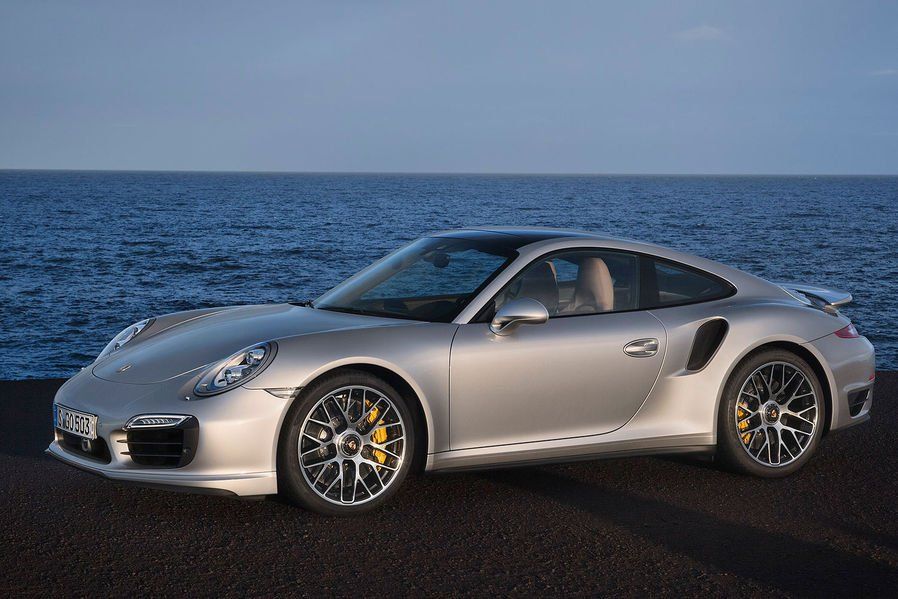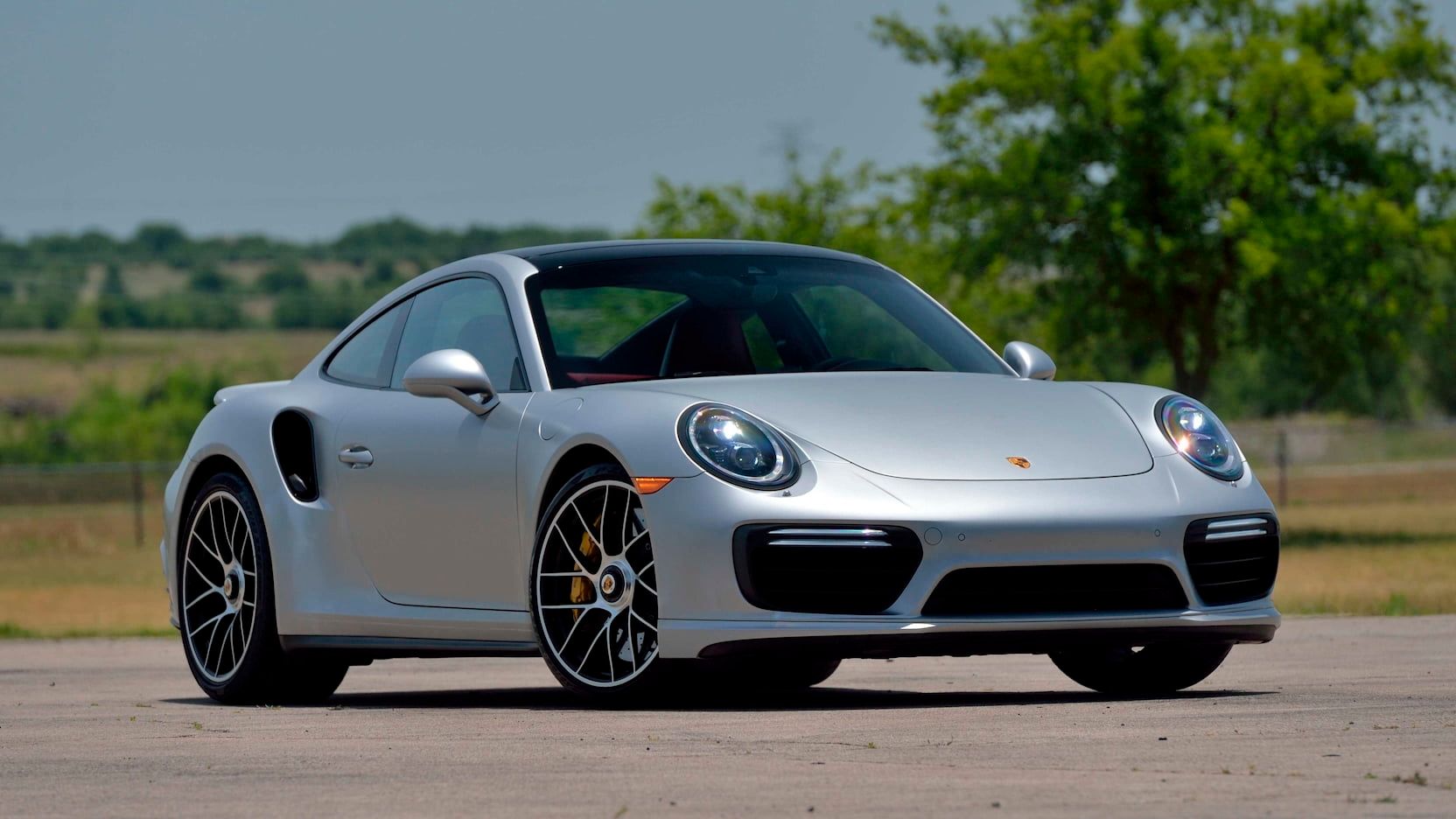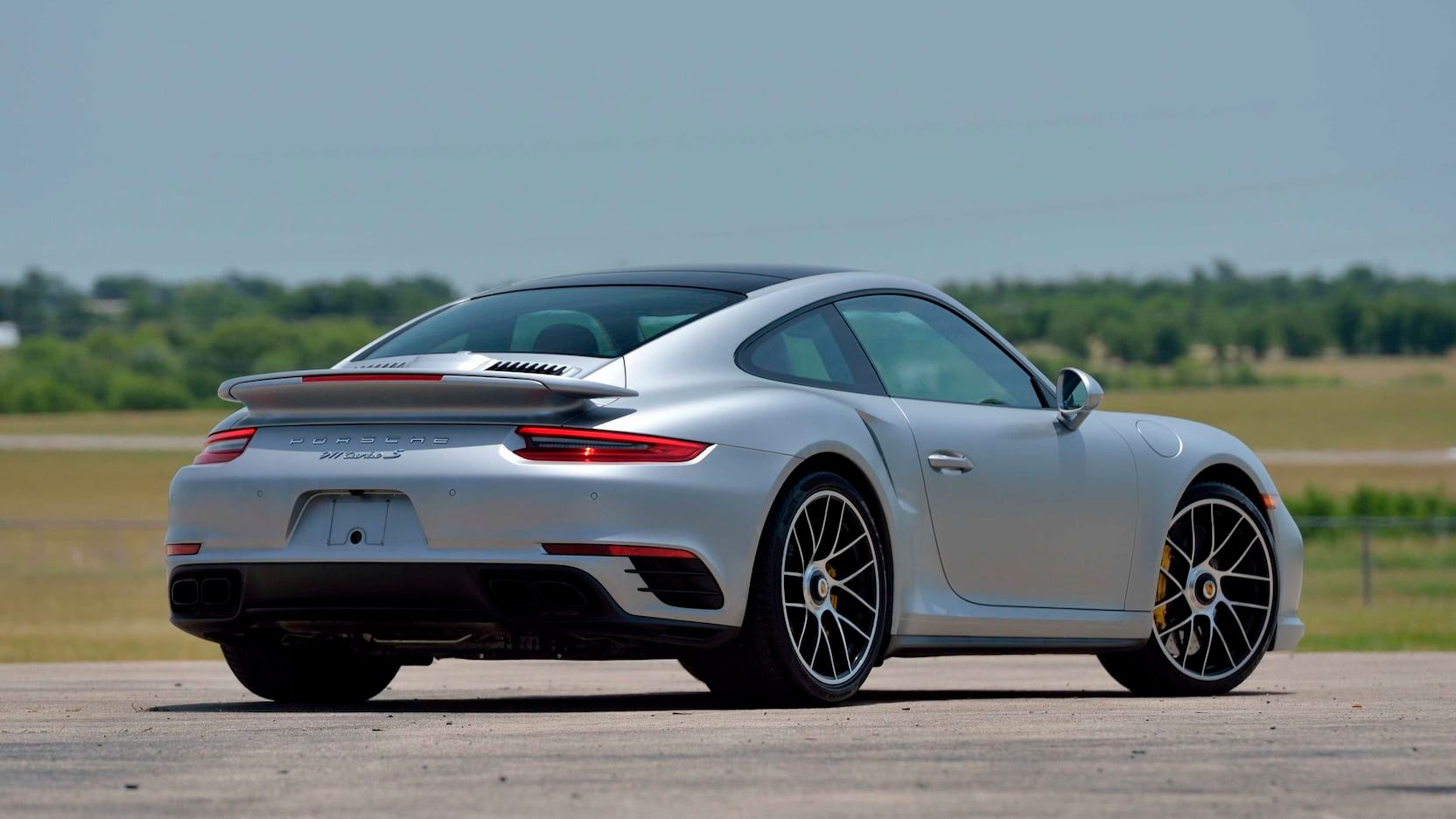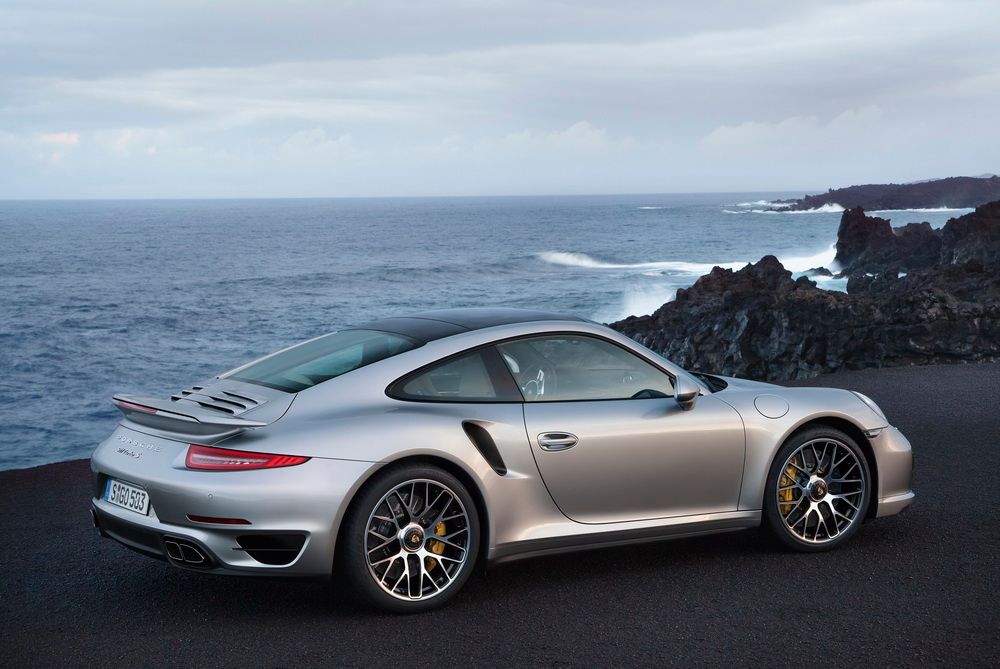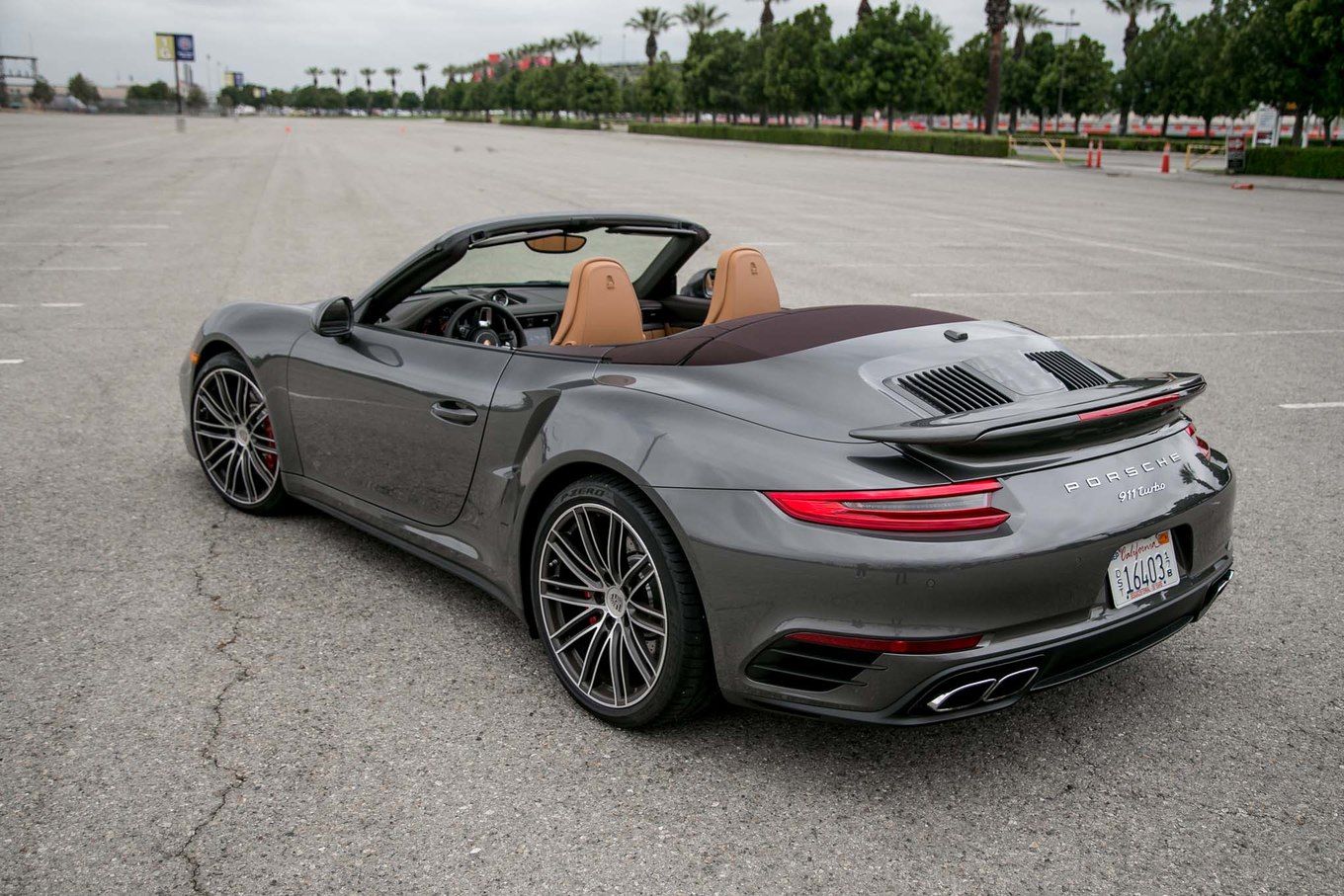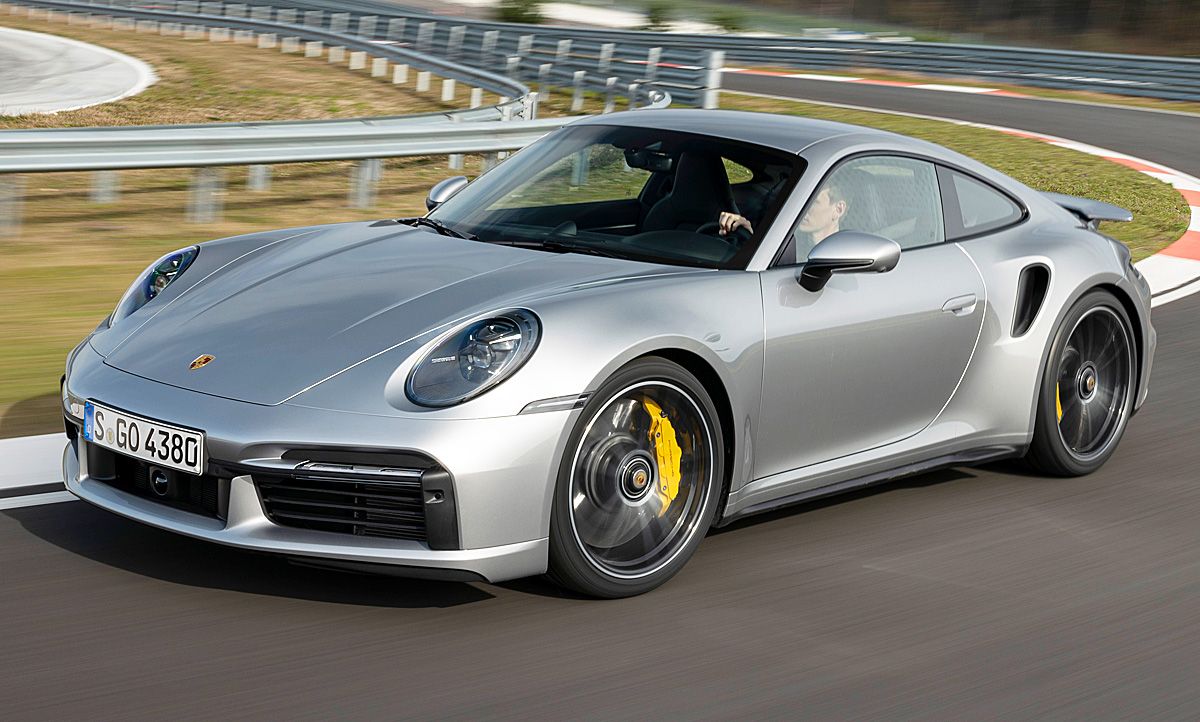Porsche’s 911 platform is an example of evolution favoring over revolution. The brand’s ethos favors both luxury and performance in a usable package. Porsches thanks to their clinical nature have a cult following irrespective of age.
The Porsche 911 Turbo has been dominating the sports car scene with its impeccable performance and robust build. Thanks to this many are favoring the Turbo as an all-rounder that does everything without breaking a sweat.
Before the 911 992 generation was introduced, the 991.2 Turbo was the flagship in the 911 lineup. The 991 generation Porsches saw a run from 2012 to 2019. In that, the production run was split between the 991.1 and 991.2 generation 911s.
With strong residuals, let’s take a look at the values and depreciation of the 991 Porsche 911 Turbo.
Porsche 911 (991) Turbo: A Brief About The Series-production Flagship
The 991 is the first 911 to use a predominantly aluminum construction. This means that even though the car is larger than the outgoing model, it was significantly lighter than the 997. Introduced in 2012, the 991.1 Turbo had a twin-turbocharged 3.8-liter flat-6 engine generating 513 hp and 457 lb-ft of torque. The S version had an upgraded engine tune generating a maximum power output of 552 horsepower and 516 lb-ft of torque. The 991.2 Turbo was introduced in 2016 and came with minor improvements. Transmission choices were a 7-speed manual for the Turbo while the Turbo S was an exclusive PDK-only.
The Porsche 911 991.2 Turbo now made 540 horsepower while Turbo S pumped out 580 horsepower from its 3.8-liter twin-turbo flat-six. This time, there was no manual transmission for the Turbo lineup and the only gearbox on offer was a 7-speed PDK. Changes to the 991.2 Turbo came in the form of new front and rear bumpers with larger air intakes and exit vents on the respective fascia. The rear decklid had been modified with a central induction intake now flanked by two rows with longitudinal louvers along with 3D effect rear lights and revised door handles. Inside, the steering wheel saw an upgrade to the GT style version along with standardized Sport Chrono on both Turbo and Turbo S.
Porsche 911 (991) Turbo: One Of The Fastest Accelerating Stock Cars
The Porsche 911 Turbo is among the most ridiculously fast cars off the line. The Turbo S can reach 60 mph in 3.1 seconds as claimed by Porsche however, many motoring journalists have gotten sub-3-second times, with some even getting a 2.6-second run to 60 mph. The 991.2 one-upped the official figures of the 991.1 as Porsche claimed an official 2.9 second time for 60 mph. However, much like its predecessor, even the 991.2 Turbo S was undervalued as some reviewers managed to squeeze a 2.5-second run from 0-60 mph.
Fundamentally, the driving dynamics is typical Porsche; engaging yet usable. The 991 generation was the first of the 911s to use electronic steering. The 911 Turbo’s character depends on how deep your right foot is on the throttle. If you’re too much on the throttle, the rear shoots out and there’s a good chance of the car ending up in a hedge. If your modulation is not up to the mark, the steering weighs down and you experience understeer.
Porsche 911 (991) Turbo: Let’s Talk Depreciation
The used market has two basic distinctions for the 911 Turbo S; 991.1 and 991.2, of which there are further differentiations like the Turbo and the Turbo S. One thing to point out is that from the previous calendar year, the number of cars available has significantly gone down from 538 listings to 198. The general market trend dictates the median price of a 911 Turbo from the 991 generation to be at $154,000. However, the price range starts from $95,000 and goes all the way to $230,000 for the 2019 model year with relatively low mileage.
Also, the S commands a $24,000 premium over the base Turbo. The 991.2 is quite common comprising 65% of the market while the 991.1 has a 35% hold. On average, prices of the 991.2 Turbo have seen a drop of $10,000 for the later model years while 2018 and 2017 models have seen a slight increase of $1,500 and $800 respectively.
The 991.1 market has seen quite a price hike with an average price going up by $5,000 from $120,000 to $125,000. In terms of mileage, thanks to lower supply, you now need to pay more for a given mileage than what it was worth last year. The 991.1 generation loses around $551 per 1000 miles driven while that number doubles for the 991.2 at $1,200 for the Turbo S and $1,600 for the base Turbo.
However, as mileage increases the number is much lower, meaning you lose less per mile driven. The sudden drop for the 991.2 is largely due to the introduction of the 992 911 Turbo. As far as the 992 markets go, prices are absolutely strong as many are still trading at list or even a bit higher. Porsche is doing a fantastic job by controlling the market with limited supply and not flooding dealerships, unlike some other brands. However, that won’t stay for long as 2022 models are pushed into the market.
Sources: Porsche, Fourwheel Trader


